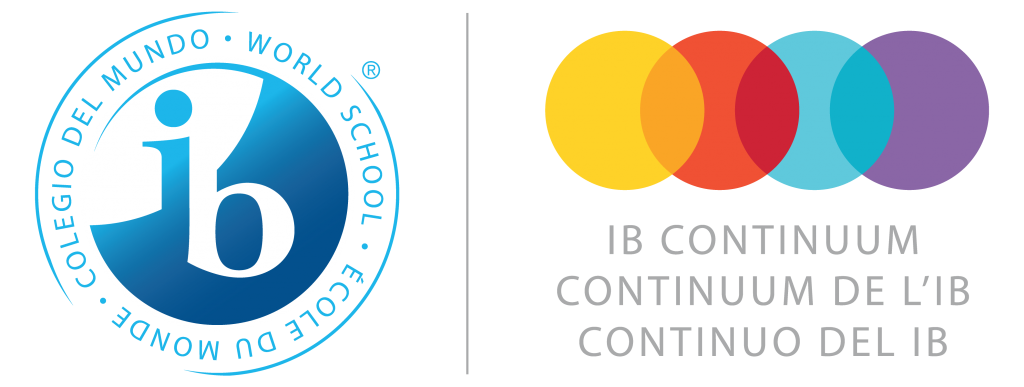At Fairview International School, we believe education goes beyond content delivery. It’s about creating meaningful connections that last. As a top-rated IB international school in Malaysia, we see our students not just as learners, but as collaborators. That’s why student feedback isn’t optional — it’s essential.
For too long, success in education has been measured through test scores and teacher observations. While valuable, they only tell part of the story. To truly enhance learning, especially in rigorous programmes like the IB Diploma Programme, we need to ask: What does learning feel like for the student?
Listening to Learn
The research is clear. Feedback is one of the most powerful tools in education. Hattie and Timperley (2007) found that it has an effect size of 0.79—that’s significant. But let’s take it further: what if the feedback comes from students?
Mandouit (2018) showed that student feedback helps teachers create more engaging classrooms. At Fairview, we see this in action every day. When students share their experiences, they take ownership of their learning, and stronger connections follow. This is especially visible in our IB Middle Years Programme and IB Primary Years Programme, where curiosity fuels collaboration.
Learning is Personal
No two students experience a lesson the same way. A well-designed lesson might check every box on paper, but if the student isn’t emotionally connected, it won’t stick.
At Fairview International School, we centre the emotional and personal aspects of learning. As Immordino-Yang and Damasio (2007) highlight, emotion is deeply tied to memory and understanding. That’s why student voice is critical in shaping how we teach across all stages—from Primary Years Programme (PYP) to Middle Years Programme (MYP) and beyond.
Differentiation Starts with Listening
In every classroom, students learn differently. Research by Tomlinson et al. (2003) reinforces what we see in our IB classrooms: differentiated instruction leads to better engagement. By listening to students, especially those in our IB programmes in Malaysia, we can tailor teaching in ways that truly work.
This adaptability is one reason Fairview continues to be recognised among the top-rated international schools in Malaysia.
Building Agency, Not Just Achievement
Our ultimate goal isn’t just academic achievement—it’s agency. Bandura (2001) describes agency as the ability to direct your own learning. That’s what our students develop through voice, choice, and meaningful feedback.
Across our IB continuum—from PYP to MYP to the International Baccalaureate Diploma Programme in Malaysia—we empower students to take ownership of their journey. At Fairview, we don’t just prepare students to answer questions. We help them learn to ask better ones.
What’s Next
We’re proud of how far we’ve come, but we’re just getting started. At Fairview, listening is just the beginning. The real transformation happens when we take that feedback and turn it into action. That’s how we build a learning environment where every student feels seen, heard, and empowered to grow.
Curious how the student voice is shaping the future of learning at Fairview? Connect with us to learn more — or better yet, come see it in action.
📚 Works Cited
- Bandura, Albert. “Social Cognitive Theory: An Agentic Perspective.” Annual Review of Psychology, vol. 52, 2001.
- Hattie, John, and Helen Timperley. “The Power of Feedback.” Review of Educational Research, vol. 77, no. 1, 2007.
- Immordino-Yang, Mary Helen, and Antonio Damasio. “We Feel, Therefore We Learn.” Mind, Brain, and Education, 2007.
- Mandouit, Laura. “Student Voice and Teacher Professional Development.” Educational Review, vol. 70, no. 4, 2018.
- Tomlinson, Carol A., et al. “Differentiated Instruction in Response to Student Readiness, Interest, and Learning Profile in Academically Diverse Classrooms.” Journal of the Gifted Child Quarterly, vol. 44, 2003.












